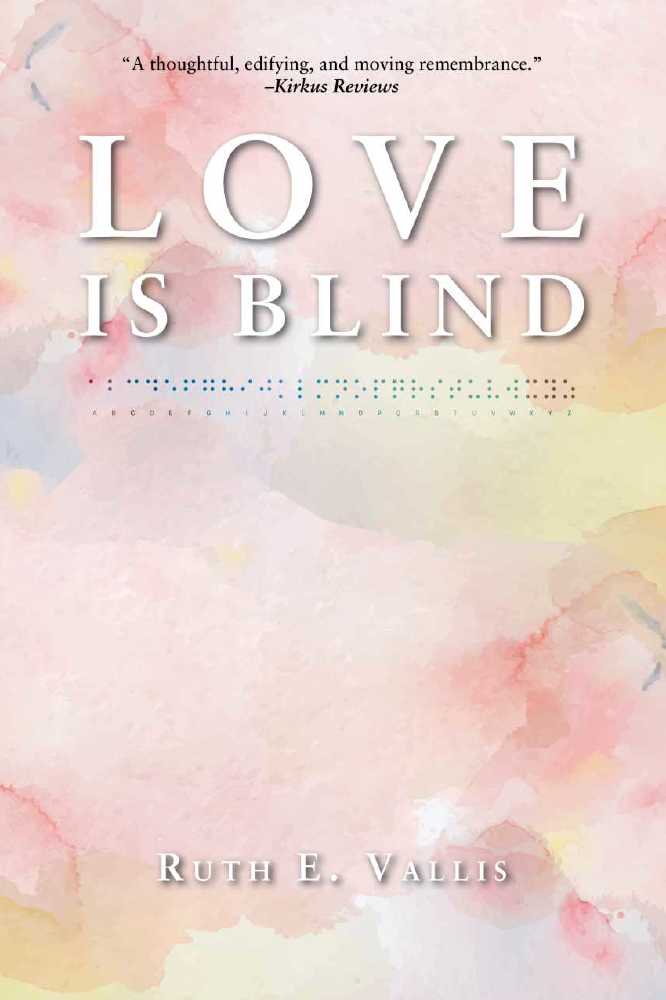Although there are many who ascribe to the “tough love” approach to life, there are also many detractors, but this may be owing to an experience where the emphasis was more on the “tough” and less on the “love.” In order to understand the power, we might think of each component as an oar in a boat – left oar is tough and right oar is love.

Love is Blind
Let us examine each component through three characters: my mother whom I called Peach because of her soft, sweet exterior and hard centre. Marilyn a school teacher of thirteen year olds, and Mary-Grace a programme manager within a hospital. Although each woman different from the others, they all had that toughness which was revealed in several similar ways.
Whether at home, school or work, each of these women provided strict structure. From the beginning, there was a clear understanding of the rules – parameters established within which we all existed. Expectations of ourselves and each other were well understood and we were each made to take responsibility for the tasks assigned to us and our actions.
In my family, no excuses were allowed. I was not permitted to whine about being blind or not be able to do something. My brothers were not allowed to explain that they were boys and, “that is women’s work.” In all these situations, I learned there is no women’s work or men’s work, there is only work and equal sharing of that work makes life better for everyone. However, in all three situations the women ensured that failure to live within the structure or fulfill one’s responsibilities had consequences. Peach and Mary-Grace would take away privileges while Marilyn might give extra homework or a detention. As a result, home, school and work were comfortable, organized places of calm and efficiency.
Although one generally equates love with home, one might not immediately think of love in the classroom or workplace, and yet, it is essential for the “power.”
All three women revealed their love through kindness: recognising and meeting the individual needs. They were also encouraging: not letting gender, ethnicity or disability prejudice them against an individual’s potential. Through it all, they were supportive: making it possible for each person to attain their own goals whilst ensuring that each one in the family, class or team was there for the others.
The result was a blind daughter who became a physiotherapist and university lecturer, a class of confident young people ready to contribute to society, and a health-care team with national recognition for its innovation and excellent patient outcomes.
The power of tough love is to have equal measures of each to steer the boat. If we have only one or too much of one we will spin in circles. However, with equal toughness on the left and love on the right we can steer the boat in the direction we want to go and achieve our ultimate goals whilst circumnavigating the rocks and rapids of life.
RELATED: How my day job as a psychologist inspires my novels by Helene Fermont, author of The Matchmaker
I love psychological thrillers for the in-depth characters and storylines. I can’t think of anything better than writing the genre since it’s so close to what I do every day: meeting and counselling wonderful, complex and interesting people from all kinds of backgrounds. For me, every day as a psychologist is exciting and stimulating, and I think it is this that makes writing my books and stories feel natural to me...


